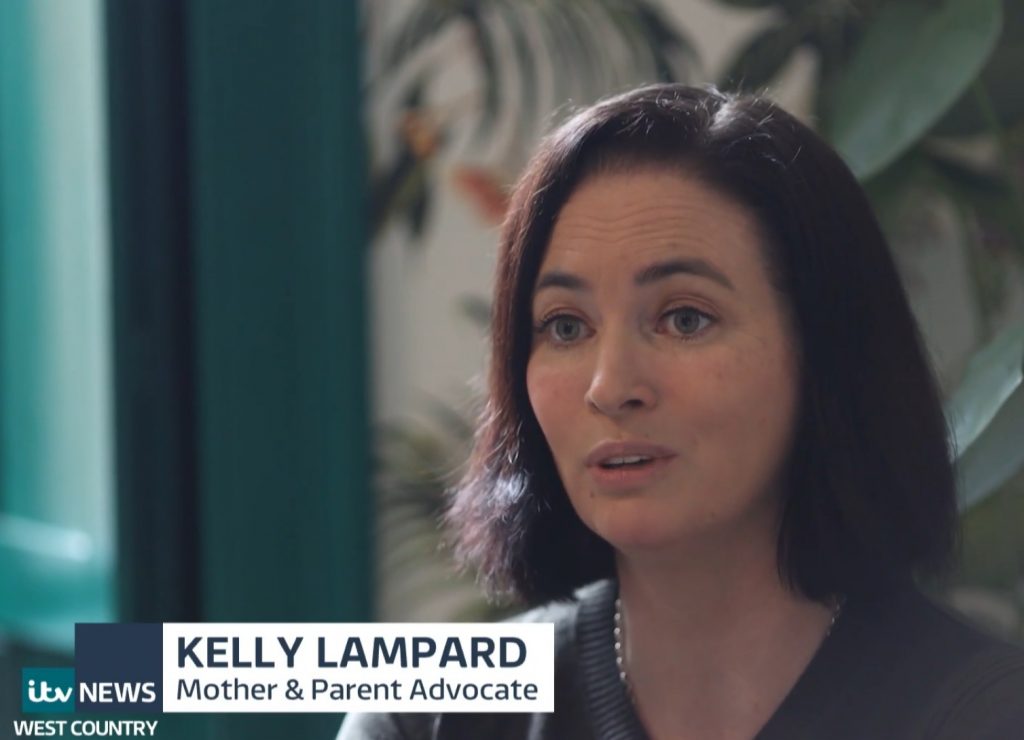Children come first
We know how difficult the breakdown of a family unit can be for everyone involved – especially children. Ending your relationship as amicably as possible not only minimises the impact on your kids, it also makes co-parenting or parallel parenting much easier moving forward.
Using effective out-of-court approaches, such as negotiation and mediation, we can support you on the next stage of your parenting journey. We can help you decide where your children will live, who they will spend time with (and how often), and other important aspects of their upbringing such as education and healthcare. Every family is different, so there’s no one-size-fits-all approach – but rest assured your children’s safety, wellbeing and developmental needs always come first. Once agreement is reached a formal document can be drafted and presented to the family court in the form of a legally binding Consent Order.
Our support for separating parents also includes expert advice and guidance to access the right support for children with SEND, Child Maintenance Service (applications and appeals), benefit entitlement (Universal Credit, Child Benefits and Disability Living Allowance for children) and Domestic Abuse Support.
Bath Family Law helped turn a desperate time in my life to an incredible end result – full contact restored on our terms.
Mr L
Frequently asked questions
A Child Arrangements Order (CAO) is a court order that sets out who a child lives with, spends time with, or has contact with. It replaces the old terms Residence Order and Contact Order.
A CAO can provide security and certainty for all involved. It determines:
- Where and with whom the child will live
- How often and in what way the child sees the other parent (or other family members)
- Specific arrangements for holidays, birthdays, or communication.
We can help you apply for or respond to a CAO application, and ensure your child’s best interests remain the focus of any negotiations.
Only in specific circumstances would it be considered reasonable to restrict all contact. The law encourages ongoing relationships with both parents, unless contact would put the child at risk of harm (for example, due to abuse, neglect, or serious welfare concerns).
If you believe contact should be restricted, you can apply for a Prohibited Steps Order or seek to obtain or vary an existing Child Arrangements Order. To do so, you need to present evidence that contact is not in the child’s best interests.
If you think your child is at risk and contact needs to be restricted, reach out urgently to discuss ways to do this safely and legally. If there is any immediate risk to life or safety, contact 999 immediately.
If one parent wants to relocate a child outside of England and Wales, they must have the consent of everyone with Parental Responsibility – or get permission from the court.
The court will consider:
- The reason for the move
- The impact on the child’s relationship with the other parent
- Practical arrangements for maintaining contact
- The child’s welfare as the primary consideration.
If you’re concerned about relocation (or want to apply for it), reach out to our team to discuss your options.
If you have a Child Arrangements Order stating the child lives with you, you can take them abroad for up to 28 days without the other parent’s consent – unless the court says otherwise. However, if questioned at the airport, you will be expected to provide proof of consent or a court order and without one you could be prevented from leaving the UK.
If no such order exists, or the trip is longer, you need the other parent’s written permission or you must apply to the court for a Specific Issue Order. Otherwise you risk allegations of international abduction.
Bath Family Law can help you draft appropriate Child Arrangement documents that address what to do for holidays and provide continuous clarity on this issue.
A Prohibited Steps Order (PSO) is a court order that prevents a certain action or type of action. It is commonly used to prevent someone with Parental Responsibility from making specific decisions about a child without the court’s permission. It can also prevent contact with certain people or a parent attending a specific location. Generally, a PSO is made to mitigate a safeguarding concern or intended/threatened action that contradicts a child’s best interests.
Suitable and comprehensive Child Arrangements can generally prevent the need for specific PSOs but for unexpected concerns, an urgent PSO may be your best option. Where there is a need for an urgent PSO, a C100 and C1A application should be placed as soon as possible with your nearest family court.
If the other parent is not following a CAO, you can apply to the court to enforce the order. The court may:
- Reinforce the existing order with future consequences to maintain compliance
- Amend the arrangements for better or easier compliance
- Order unpaid work or compensation for breaches
- In extreme cases, transfer residence or impose penalties.
It’s important to show that you’ve tried to resolve the issue reasonably. We can support you in documenting breaches, making your application, and presenting your case to the court. We recommend starting a log of incidents immediately if the other parent starts to breach your CAO.














